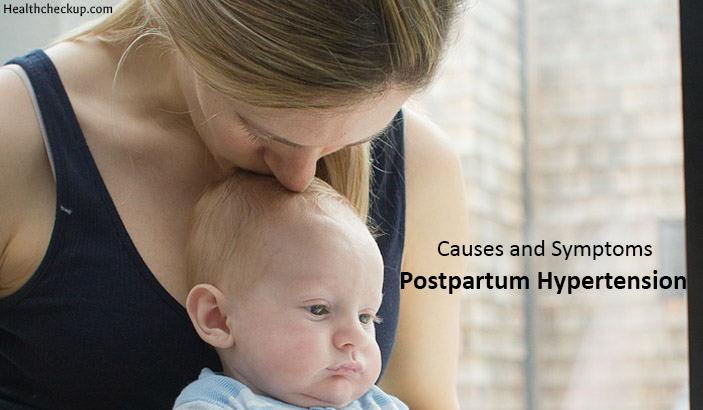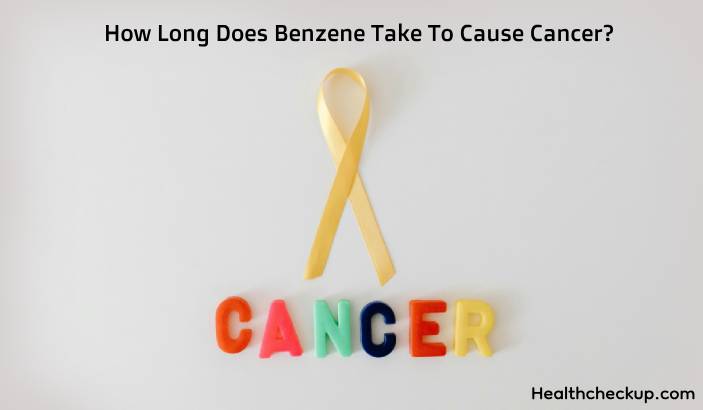Women develop several unprecedented conditions both before and after childbirth. In fact, pregnancy itself kick starts certain unprecedented physiological changes in the human body. Some of these are not exactly ailments but cannot be left neglected anyway. Many expectant women cope with Preeclampsia i.e, a condition in which they get affected by elevated blood pressure levels. It sets in after the 20th week. However, some women also deal with Postpartum Hypertension or Preeclampsia.
What is Postpartum Hypertension?
Postpartum preeclampsia is an uncommon condition in women that can set in after childbirth. It is characterized by excess protein in urine along with high blood pressure. If the preeclampsia onset is delayed after childbirth- it is termed as Late Postpartum Preeclampsia. It’s also possible that this condition sets in during pregnancy itself but doesn’t create symptoms until the baby is born.
What Causes Postpartum Hypertension?
Medical science has not still understood the exact causes of postpartum preeclampsia. While preeclampsia is usually resolved by childbirth, in some cases the signs are detected only after childbirth.
The research conducted so far hints that there are a few risk factors for postpartum preeclampsia.
- Those developing gestational hypertension after the 20th week can develop this condition.
- Obese women are more susceptible to developing it.
- Having someone in the family with preeclampsia makes a woman more vulnerable to developing it.
- Women below 20 years and those above 40 years are more prone to developing it.
- Sometimes, women giving birth to twins or triplets may develop postpartum preeclampsia.
What Are the Symptoms of Postpartum Preeclampsia?
The Major Symptoms of it are
- A Severe Headache
- Vomiting
- Abdominal Pain
- Little Urine Output
- Shortness of Breath
- Sudden Weight Gain
- Face Swelling
- Blurred Vision
Postpartum Hypertension Complications
Commonplace Complications of this Condition Include
- Pulmonary Edema– A life-threatening condition affecting the lungs in which fluid accumulates in the lungs.
- Postpartum Eclampsia – Postpartum eclampsia is in a condition in which postpartum preeclampsia is accompanied by seizures. It may lead to organ damage and coma.
- Stroke – A stroke takes place when the blood supply to your brain is thwarted.
- Thromboembolism -Thromboembolism takes place when a blood vessel gets blocked by a blood clot.
Just like preeclampsia, postpartum preeclampsia can increase the risk of cardiovascular disease in future. It may last for a few days and up to a week.
Can Postpartum Hypertension Be Prevented?
Sadly, there is no fixed way to prevent the onset of postpartum preeclampsia. However, pregnant women can adopt some effective measures to reduce the chances.
- Maintain Body Weight: Onset of pregnancy adds to body weight. So, it is better that you get into correct weight bracket. Both underweight and excess weight can make you prone to developing multiple problems and including preeclampsia. You may resort to the low and moderate level of exercise. However, talking with the doctor may be necessary to learn which can be ideal for you.
- Eat Right Foods: Eating the right kind of foods when you conceive is very important. Eating nutrient-rich food is vital and getting a diet prepared by the doctor is helpful in this regard. Refrain from eating junk food. Drinking caffeine laced drinks and alcoholic drinks should be cut down. Keeping the body hydrated will be necessary.
- Visit Your Doctor: It is necessary to keep checking your health when you are in any stage of pregnancy. It is necessary that your blood pressure is checked at intervals. This will help the doctor figure out any rise and check onset of the condition in time.
Postpartum Preeclampsia and Breastfeeding
Usually, the doctors will not advise you to stop breastfeeding the infant even if you are diagnosed with postpartum preeclampsia. The medication used to treat this condition will not leave an adverse impact on the infant. However, the generation of breast milk will be limited in this phase and you should talk to your doctor.
Treatment For Postpartum Preeclampsia
If you are diagnosed with this medical condition, you may have to be hospitalized for proper evaluation and treatment. A number of lab tests may be conducted in this phase. This may comprise of urinalysis and blood draw. Your blood will be examined to find out if you have the required number of platelets and to ensure the liver and kidneys are functioning well.
Postpartum Preeclampsia that lasts and doesn’t go away may be Easily Treated with Medication, such as
After delivery, a woman should not be subjected to invasive treatment methods and so medications are the main form of treatment. Usually, anti-convulsive medications like magnesium sulphate are given to thwart risk of seizure. If the doctor finds blood pressure to be excessive, anti-hypertensive medications may be administered. Medication that lowers blood pressure: If your blood pressure is highly elevated, you may be given an anti-hypertensive medication to bring down your BP.
Medication To Prevent Seizures: You will have to take a prescribed dose of the medication for 24 hours. After this course of treatment, your doctor will closely monitor your blood pressure, urination and other signs and symptoms.
These medications are safe to consume even if you are breastfeeding. But you may ask a doctor online if you are unsure about any of the medication or have any queries in mind.
What Else Should You Do?
When you are in pregnancy you may get postpartum preeclampsia but detecting it may be a tad hard. This is owing to the fact it does not have any external symptoms. The signs may also be confused with symptoms of another condition woman may develop after pregnancy. This is why you must not overlook any signs and symptoms and can ask a cardiologist online what to do if you feel particularly uneasy and your BP is high. You should learn about the symptoms well to be on safe side.
Hospitalization may be necessary after this condition sometimes. The doctor may ask to stay for a few more than a regular period to ensure you get rid of the symptoms. Rest and adhering to a specific diet is a necessity. The hospitalization will provide the body required time and rest to recover.
You also need to take medical advice to ensure you can continue your role of mother. It is better that you complete the course of medication as advised by the doctor. Do not resort to any kind of self-medication to reduce the symptoms –which can prove to be serious.
Medically Reviewed By

Maanasi specializes in health topics including diet and nutrition. A mother of an untiring seven year old, she enjoys nurturing her love affair with English. She is often found nestled with a book, plopped against a dozen pillows, smiling away at the brink of finishing yet another book of the many dozens, that adorn the shelves of her Mini Library!








